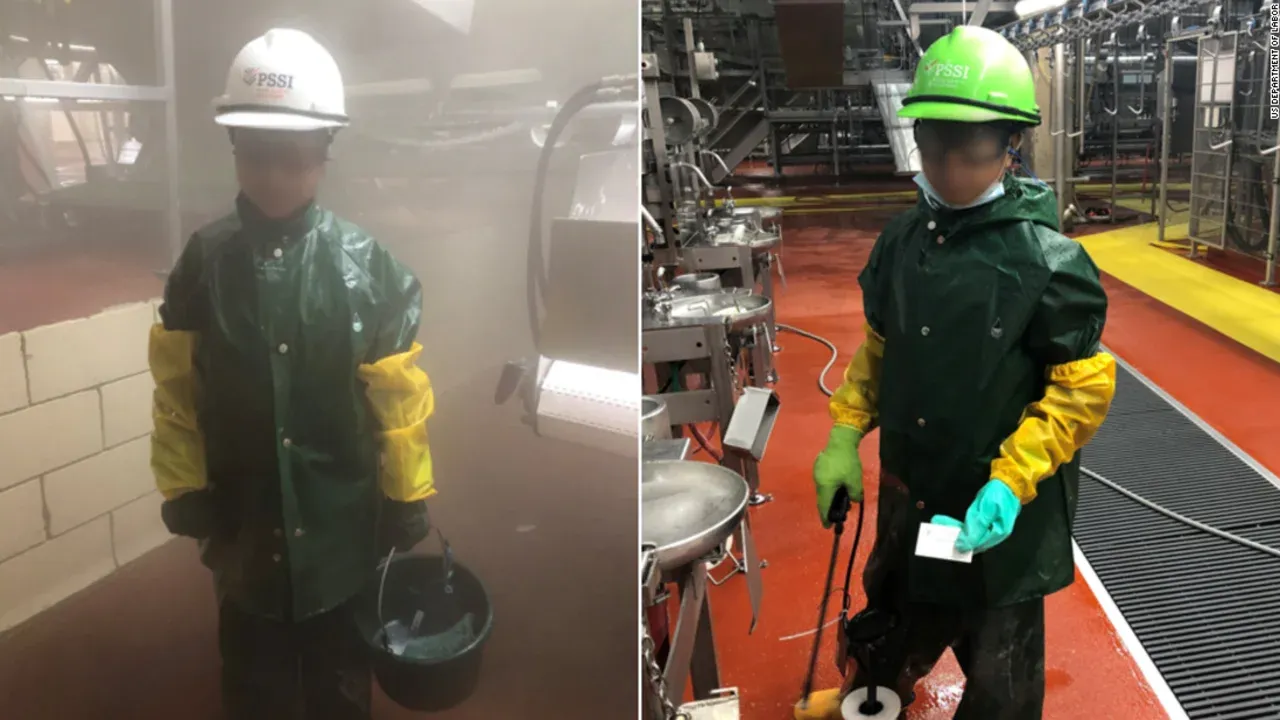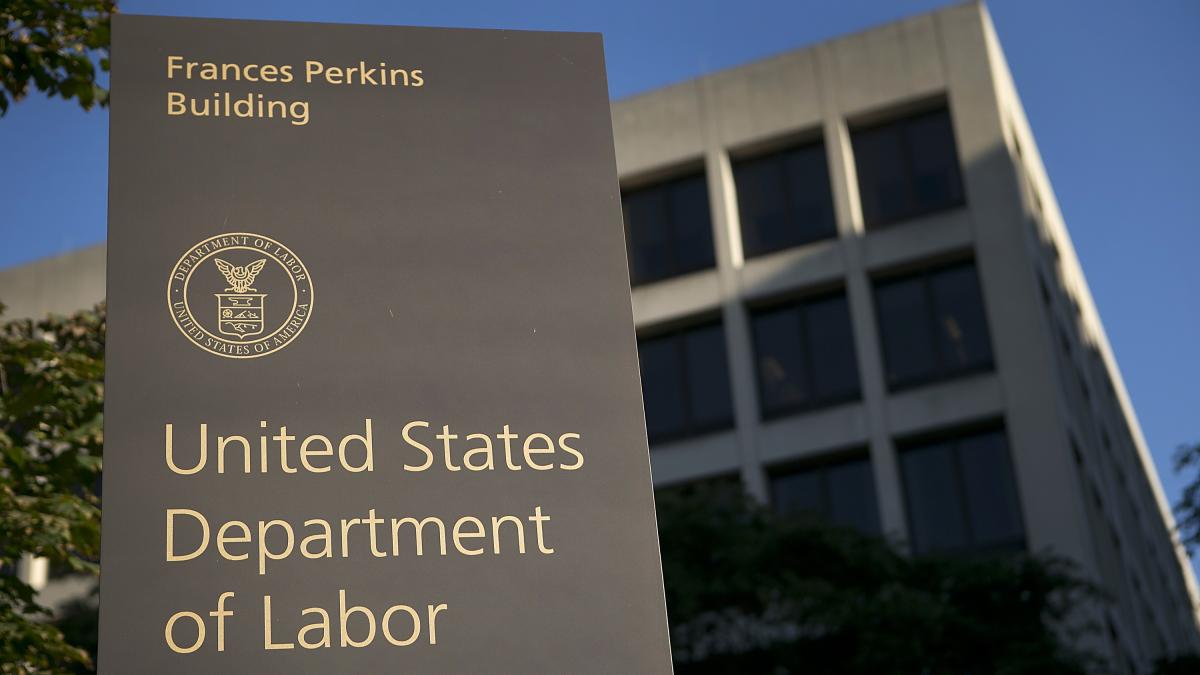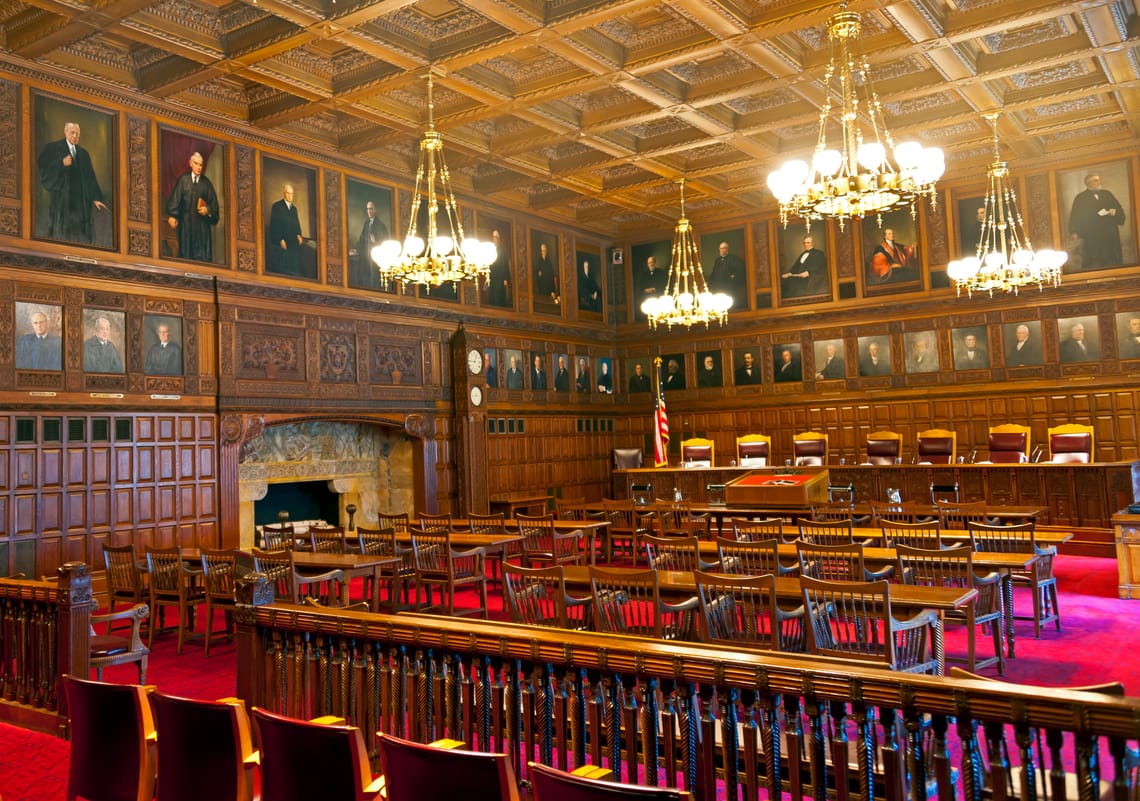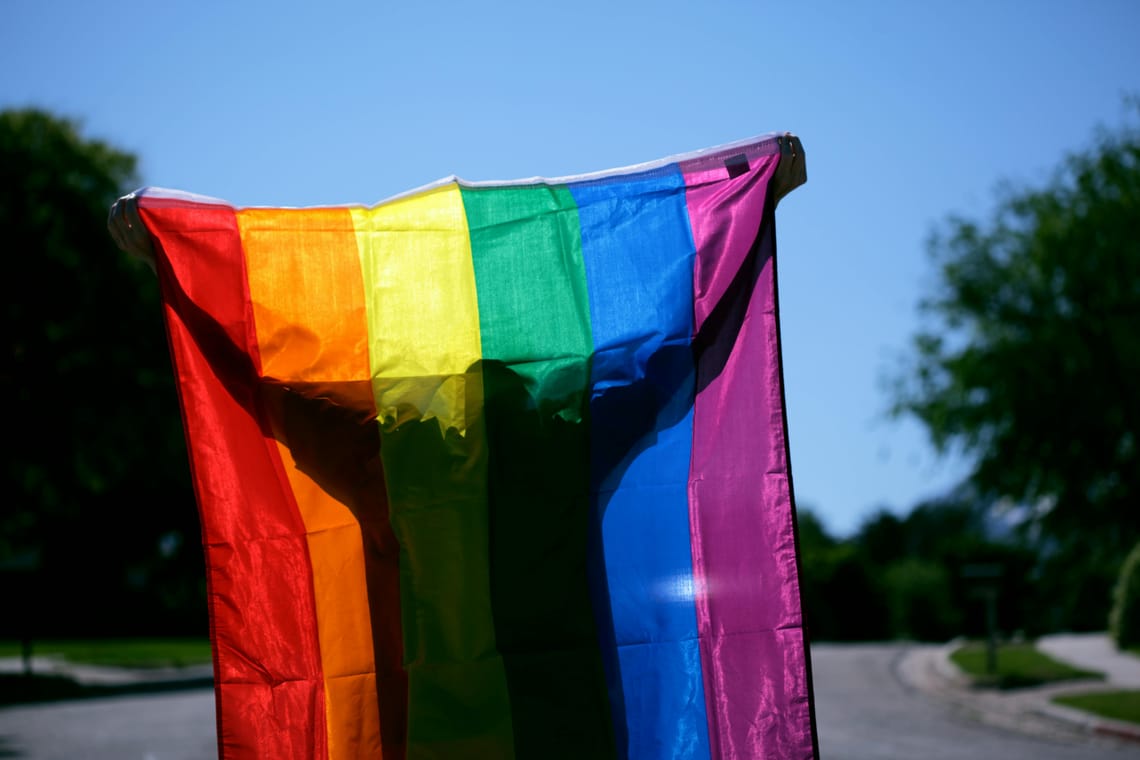Child labor law violations have increased significantly nationwide, with over 4,000 minors found illegally employed in the past fiscal year alone according to new federal data. To combat the rise, both state and federal regulators have launched major initiatives to boost enforcement and penalties against companies exploiting underage workers.
The U.S. Department of Labor concluded 765 child labor cases from October 2022 to July 2023, uncovering 4,474 children working in contravention of federal law. Assessments of fines against employers skyrocketed as well, totaling over $6.6 million compared to just $3.5 million the prior year.
Several factors are driving more businesses to rely on child labor. With unemployment lingering near 50-year lows at 3.6%, the pool of available adult workers has shrunk substantially. Younger employees offer an easy alternative, especially in lower-skilled jobs.
The problem extends across industries. In fiscal year 2022, the DOL found 688 minors working in hazardous occupations officially deemed unsafe for anyone under 18. That represents the highest total of child labor violations in dangerous jobs since 2011.
Automakers Implicated in Child Labor Abuses
Major automakers have come under fire for benefiting from illegal underage labor down their supply chains. A recent Reuters exposé uncovered children as young as 12 working excessive hours in grueling conditions at Hyundai and Kia parts plants in Alabama.
The carmakers blamed rogue suppliers for providing false documentation. However, critics argue large corporations still bear responsibility for lax oversight of labor practices deep in their vendor networks.

In response to the widespread child labor violations, the Biden administration convened the Interagency Child Labor Task Force in February 2023. It unites the DOL, Department of Agriculture, Commerce, Education, Health and Human Services, Homeland Security, and other agencies in a coordinated federal crackdown.
The task force has already provided training on spotting and reporting child labor abuses to over 1,000 personnel across various agencies. Members are also aligning enforcement policies, pursuing local partnerships, and updating public education campaigns to combat the issue on multiple fronts.
Weakening Protections, Strengthening Enforcement
Yet even as abuses proliferate nationally, some states are rolling back protections for minors. Since 2021, legislators in at least 10 states have introduced bills to loosen child labor laws.
Among the successful efforts, Arkansas repealed certain work restrictions on 14- and 15-year-olds this year. Iowa now allows teens to work longer hours in more business settings after passing recent legislation. And a proposed Nebraska law would let employers pay minors under the minimum wage.
Supporters argue easing restrictions provides valuable job experience. But the Economic Policy Institute warns weakening standards risks increasing youth exploitation.
Other states are moving aggressively in the other direction. New York recently announced strict new enforcement actions along with providing expanded resources for workers and employers.
The New York State Department of Labor conducted inspections into child labor practices at 145 businesses statewide. NYSDOL also completed a probe of a Staten Island Wendy's operated by Princeton Food Services LLC, resulting in $105,000 in fines for violations.
In another push for greater transparency, NYSDOL launched an online child labor complaint form to simplify reporting of suspected violations. It also released educational videos in English and Spanish on the rights of young workers.
NYSDOL's newly formed Child Labor Task Force continues meeting to review trends and shape policy responses. It also aims to distribute compliance resources like scheduling templates for employers through a new online hub.
Fast Food Chains Under Fire
Among industries with frequent child labor violations, food service tops the list. Cases at McDonald's franchises alone accounted for over 300 minors found illegally employed in DOL investigations over the past year.
In one startling case, three McDonald’s franchisees running 62 locations across multiple states employed 305 children as young as 10 in violation of child labor laws. Violations included working dangerously late on school nights, using hazardous equipment like deep fryers, and unpaid overnight shifts as late as 2 am.
Just this July, 16 additional McDonald's locations in Louisiana and Texas were cited for child labor infractions impacting 83 minors. Some as young as 14 improperly operated dangerous machinery during late shifts.
Both McDonald's corporate leadership and franchise owners have publicly emphasized their compliance with labor laws. The company provides training and other resources aimed at upholding youth worker protections across its independently owned restaurants.
However, stubbornly high violation rates suggest stronger accountability may be necessary to deter unlawful practices. With over 700 active DOL investigations ongoing nationwide, regulators will likely maintain an aggressive posture.
With child labor violations on the rise across sectors, state and federal officials have clearly signaled their intent to combat the problem through heftier enforcement. But beyond cracking down on individual businesses, policymakers face deeper challenges in tackling the root causes driving more employers to benefit from illegal child labor in pursuit of profits.
"We have said as a society that the most important thing for a child aged 14 or 15 is to complete their education,” said former DOL official David Weil. “To say the way to deal with a labor supply situation is to relax [child labor laws] is myopic and immoral.”





